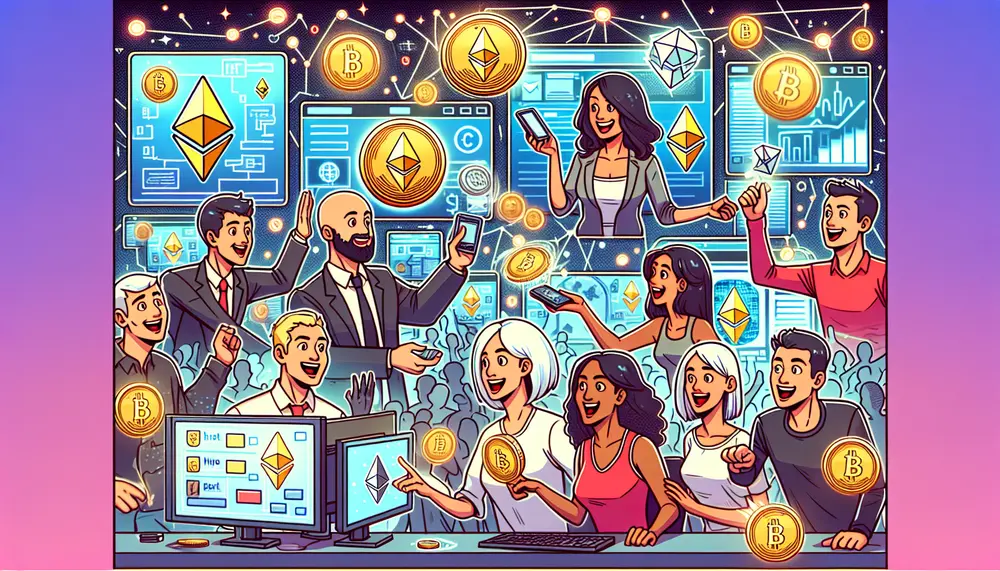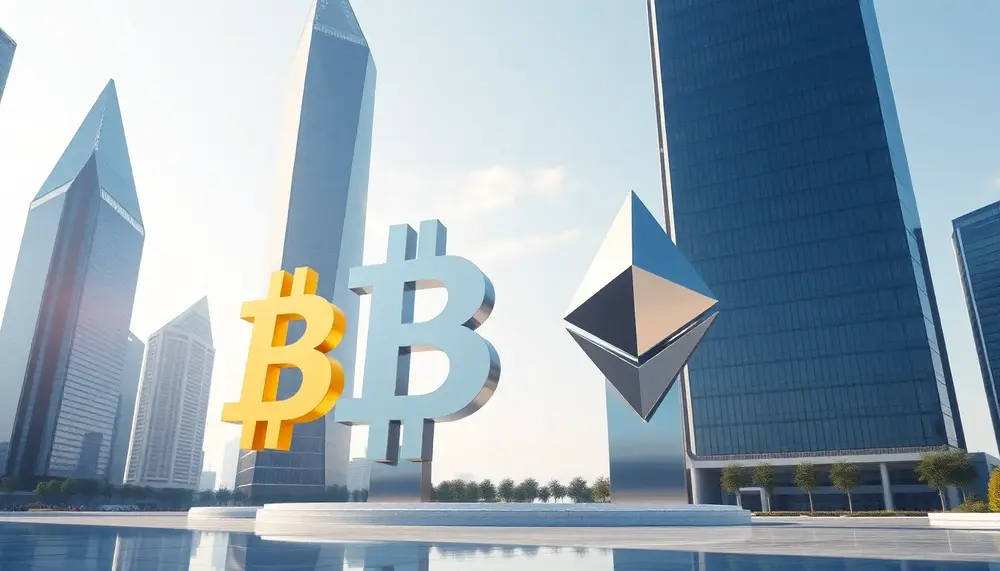Virtual machine
Virtual machine
What is a Virtual Machine?
A virtual machine (VM) is a software-based system that emulates a computer system. It allows you to run multiple operating environments on a single physical hardware system. In the context of an exchange, crypto, or all-in-one platform, a VM can be essential for testing new trading algorithms, running different trading platforms, or isolating processes securely without affecting the main operating system.
Importance of Virtual Machines in Crypto Platforms
Virtual machines play a critical role in enhancing security and efficiency in crypto platforms. They make it possible to deploy environments that mimic production systems without the risk of actual data or funds being compromised. This isolated testing is crucial for developing new features or integrating blockchain technologies securely.
Benefits of Virtual Machines
The use of VMs in trading and crypto platforms offers numerous benefits. Primarily, they provide security, as they can isolate harmful software or potential breaches without risking the core system. Additionally, they offer scalability, enabling platforms to add more virtual instances as required. Lastly, VMs ensure compatibility, allowing different operating systems and applications to run simultaneously on the same physical machine.
Examples in Practice
For instance, a crypto exchange might use a virtual machine to test their trading engine under various market conditions without risking actual trades or affecting the live environment. Similarly, developers might use multiple VMs to test cross-platform compatibility of blockchain applications safely and efficiently.
Blog Posts with the term: Virtual machine

The article discusses how AI and blockchain are transforming real estate investment trusts (REITs) by enhancing transparency, security, and data management, while also highlighting the potential impact of Antix Token in the cryptocurrency market through its AI-driven features....

TRON Coin (TRX), launched in 2017 by Justin Sun, aims to decentralize the entertainment and content-sharing industry using blockchain technology. Initially an ERC-20 token on Ethereum, TRON transitioned to its own mainnet in 2018, enhancing transaction throughput and lowering fees...

Polygon Coin, initially launched as Matic Network in 2017 by Jaynti Kanani, Sandeep Nailwal, Anurag Arjun, and Mihailo Bjelic, aimed to address Ethereum's scalability issues with faster transactions and lower fees. The rebranding to Polygon in February 2021 marked its...

Ethereum is a decentralized blockchain platform enabling smart contracts and dApps, proposed by Vitalik Buterin in 2013. Its native cryptocurrency, Ether (ETH), facilitates transactions and computational services on the network, with key features including decentralization, gas fees for operations, and...

BlackRock CEO Larry Fink plans to integrate AI with cryptocurrency, potentially impacting Bitcoin and Ethereum prices as part of a broader trend towards digitizing the dollar. Meanwhile, Vitalik Buterin proposes changes in the Ethereum ecosystem for better scalability, while US...

The article compares The Open Network (TON) and Lightchain AI, highlighting TON's focus on scalability for mainstream use and Lightchain AI's integration of blockchain with artificial intelligence to address global issues....

Ginoa.io and Phron AI have partnered to enhance blockchain systems with AI-driven consensus mechanisms, while ChainGPT's Binance listing excites crypto enthusiasts by increasing accessibility....

XRP has surpassed Ethereum in Fully Diluted Valuation, reflecting its growing market significance, while Ethereum faces leadership challenges and potential DeFi risks amid price concerns. Additionally, Russian oil firms adopt crypto for cross-border payments, Binance praises U.S. pro-crypto policies, and...

The Hathor Network is enhancing its DeFi capabilities by introducing Nano Contracts for easier decentralized app development and aims to integrate traditional finance with digital assets, while the blockchain developer market has become more centralized post-FTX collapse, highlighting a shift...

Standard Chartered predicts Bitcoin could reach $200,000 and Ethereum $10,000 by 2025 due to regulatory changes and mainstream adoption following a potential Republican election victory. Meanwhile, Trump's win is expected to boost crypto prices through pro-crypto policies, with analysts forecasting...

The blockchain community opposes SEC Commissioner Caroline Crenshaw's re-confirmation due to her anti-crypto stance, while industry insiders anticipate more supportive regulations if Paul Atkins becomes the next SEC chair. Meanwhile, events like Bitcoin MENA and India Blockchain Week highlight growth...

The blockchain industry is evolving with Ripple's XRP focusing on financial efficiency and Lightchain AI introducing a Proof of Intelligence mechanism for cognitive decentralization, while David Sacks' appointment as Trump's "AI & crypto czar" highlights the integration of tech leadership...

AI and Blockchain are revolutionizing industries, from enhancing stock predictions and combating corruption to transforming crypto analytics and financial markets. Upcoming events like the TEAMZ Web3・AI Summit 2025 will further explore their societal impacts and business opportunities....

The Polkadot Blockchain Academy has launched The JAM Course, focusing on the Join-Accumulate Machine (JAM) to train developers in creating scalable and interoperable applications. Starting December 2025, this program offers hands-on experience with Polkadot's architecture, aiming to drive innovation in...

